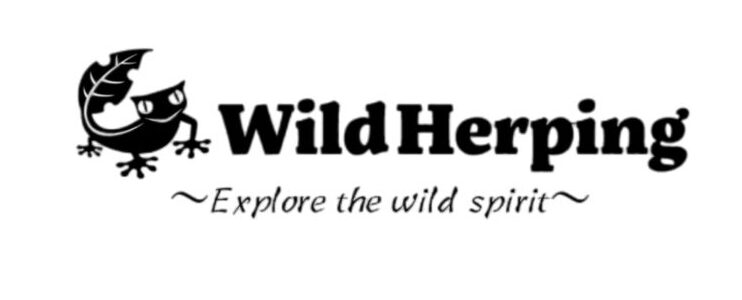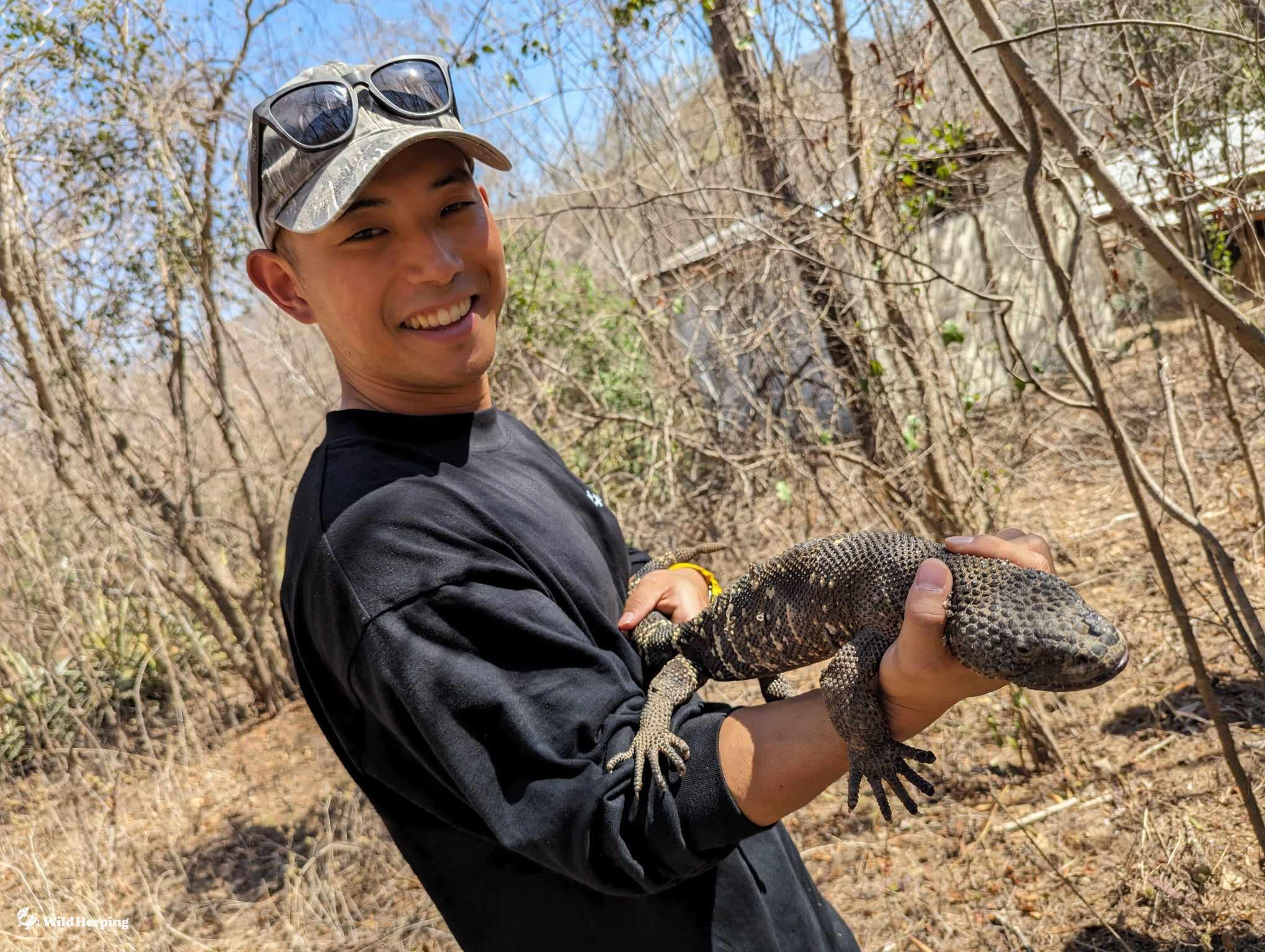
Names for Groups of Animals
Sometimes, when you observe a gathering of animals, you might find yourself unsure of how to refer to them collectively. While you could simply call them “a bunch of guys,” different animal species possess their own unique collective nouns. Although there’s no official committee decreeing it’s a “murder of crows” or a “crash of rhinos,” it’s valuable to know these various animal group names for both writing and personal knowledge.
Collective Nouns for Mammals
Renowned for their fur (or hair) and ability to produce milk for their offspring, mammals come in diverse shapes and sizes. When you encounter them in a group, they may be termed a “gang” or a “pack.” However, if you’re uncertain, you can always stick with the reliable “herd” or “group.”
For animals with multiple potential group names, we’ve highlighted the most common ones you might encounter.
- Antelope: a herd
- Ants: a colony or an army
- Apes: a shrewdness
- Baboons: a troop
- Badgers: a cete
- Bass: a shoal
- Bats: a colony, cloud or cauldron
- Bears: a sloth or sleuth; Cubs: a litter
- Beavers: a colony
- Bees: a swarm
- Boar: a sounder
- Buffalo: a gang or obstinacy
- Camels: a caravan
- Caterpillars: an army
- Cats: a clowder, glaring, pounce, nuisance or clutter; Kittens: a litter or kindle; Wild cats: a destruction
- Cattle: a herd or drove
- Cheetahs: a coalition
- Chickens: a brood or peep; Chicks: a clutch or chattering
- Clams: a bed
- Cobras: a quiver
- Colts: a rag
- Cows: a kine, drove, herd or fold; twelve or more cows are a flink
- Coyotes: a band
- Cranes: a sedge
- Crocodiles: a float or bask
- Crows: a murder
- Deer: a herd
- Dogs: a pack or cowardice; Puppies: a litter
- Dolphins: a pod
- Donkeys: a drove
- Doves: a dule
- Ducks: a brace, paddling or team
- Eagles: a convocation
- Elephants: a herd or parade
- Elk: a gang or herd
- Emus: a mob
- Falcons: a cast
- Ferrets: a business or fesnyng
- Finches: a charm
- Fish: a school, shoal, run, haul or catch
- Flamingos: a stand or flamboyance
- Flies: a swarm, hatch or business
- Foxes: a skulk or leash
- Frogs: an army or a colony
- Geese: a gaggle or flock, a skein when in flight
- Giraffes: a tower
- Gnats: a cloud or horde
- Goats: a herd, tribe or trip
- Goldfinches: a charm
- Goldfish: a troubling
- Gorillas: a band
- Grasshoppers: a cloud
- Greyhounds: a leach
- Hares: a down or husk
- Hawks: a cast or kettle
- Hippopotami: a bloat or thunder
- Hogs: a drift or parcel
- Horses: a team or harras
- Hounds: a pack, mute or cry
- Hyenas: a cackle
- Jaguars: a shadow
- Jellyfish: a smack or brood
- Kangaroos: a troop or mob
- Larks: an ascension or exaltation
- Lemurs: a conspiracy
- Leopards: a leap
- Lice: a flock
- Lions: a pride
- Locust: a plague or cloud
- Magpies: a tiding or tittering
- Mallards: a sord
- Manatees: an aggregation
- Mares: a stud
- Martens: a richness
- Minnows: a steam
- Moles: a labor
- Monkeys: a barrel, cartload or troop
- Mules: a pack, barren or span
- Nightingales: a watch
- Otters: a family, romp or raft
- Owls: a parliament
- Oxen: a team or yoke
- Oysters: a bed
- Parrots: a pandemonium or company
- Partridges: a covey
- Peacocks: a muster or ostentation
- Penguins: a colony
- Pheasants: a nest, nide or bouquet
- Pigeons: a flock or flights
- Pigs: a drift or drove (younger pigs), or a sounder, litter or team (older pigs)
- Ponies: a string
- Porcupines: a prickle
- Rabbits: a colony or warren
- Raccoons: a gaze
- Rats: a colony, pack, swarm or mischief
- Rattlesnakes: a rhumba
- Ravens: an unkindness
- Rhinoceroses: a crash
- Sharks: a shiver
- Sheep: a drove or flock
- Skunks: a stench
- Snakes: a nest or knot
- Sparrows: a host
- Squirrels: a dray or scurry
- Starlings: a murmuration
- Stingrays: a fever
- Storks: a mustering
- Swans: a bevy or lamentation, a wedge when in flight
- Tigers: an ambush or a streak
- Toads: a knot or knab
- Trout: a hover
- Turkeys: a gang, posse or rafter
- Turtles: a bale or nest
- Vultures: a venue
- Wasps: a pledge
- Weasels: a colony, gang or pack
- Whales: a pod, school or gam
- Wolves: a pack or route
- Wombats: a wisdom
- Woodpeckers: a descent
Spotlight: A Pride of Lions
Determining if lions are genuinely proud or what that concept even means to them is challenging. Interestingly, “pride” was once an archaic term for a social unit of lions (back when they were spelled “lyons”). It wasn’t until the early 20th century that the term gained popularity. Before that, they were just as likely to be referred to as a “group,” “herd,” or “pack.”
Collective Nouns for Aquatic and Amphibious Creature
With over 70 percent of the world covered in water, it’s no surprise that it’s home to a myriad of different species. Not all of these creatures are particularly social or congregate in groups, but for those that do, we have terms like “schools” and “fevers.”
Spotlight: A School of Fish
Despite no evidence suggesting that fish are particularly studious, we use the term “school.” The word “school” comes from “schōle,” the Dutch term for “a group, troop, or band.” This is also the origin of the word “shoal,” another collective noun for fish.
Names for Groups of Insects and Bugs
Insects, bugs, those myriad-legged creatures—they’re all around us. Some estimates suggest that there are 1.4 billion insects for every single human on the planet. With such vast numbers, there are plenty of collective nouns for each of these exoskeletal creatures, from “armies” to “clouds.”
If you’re uncertain, you can typically refer to a large collection of a bug species as a “swarm” (for flying insects) or “colony.”
Conclusion
Understanding the collective nouns for groups of animals not only enriches our language but also provides fascinating insights into the natural world. From a pride of lions to a murder of crows, these names reflect the diversity and intricacies of animal behavior and social structures. So the next time you encounter a gathering of creatures, you’ll be armed with the knowledge to describe them with precision and appreciation for their unique collective identity.









